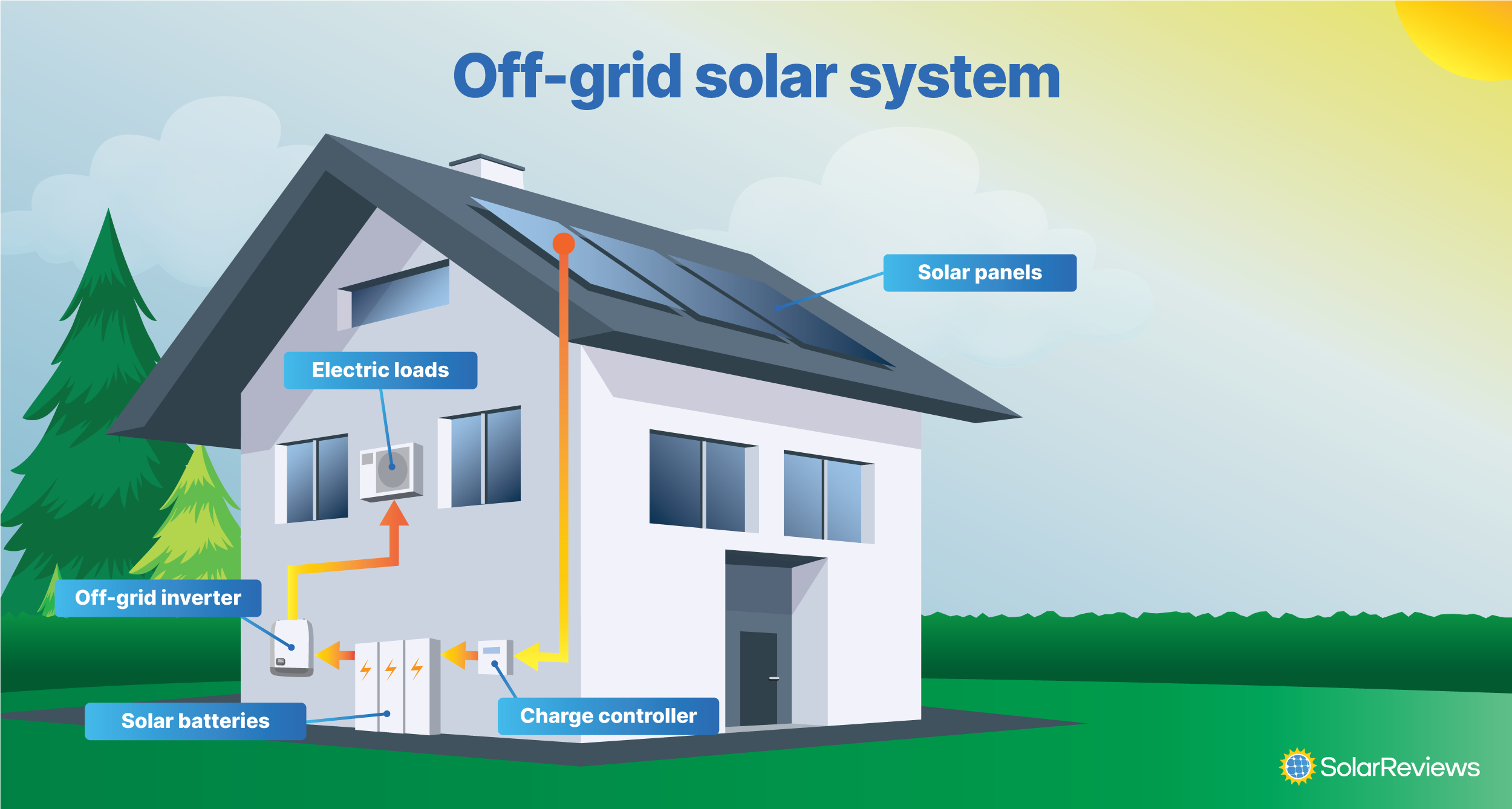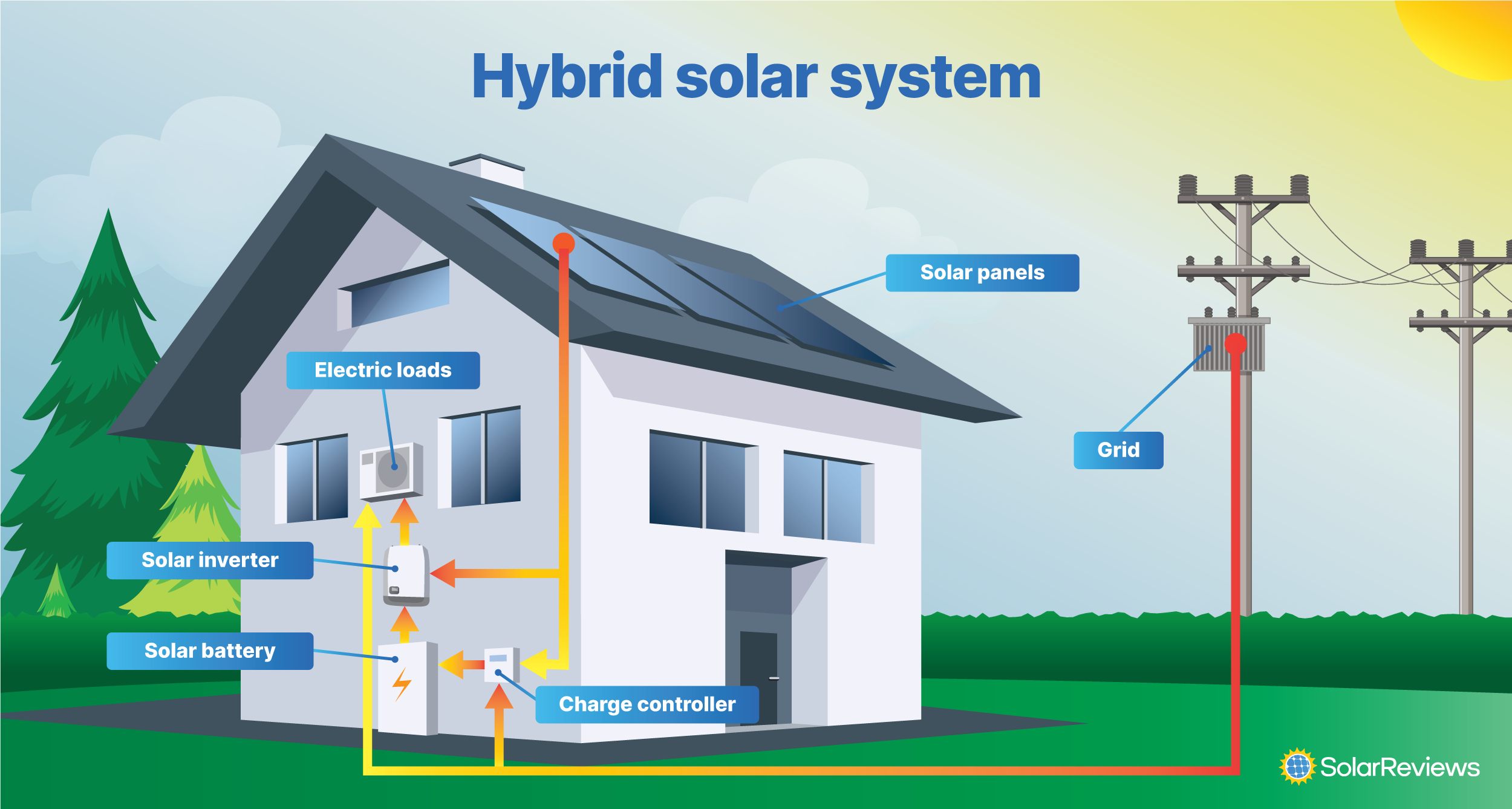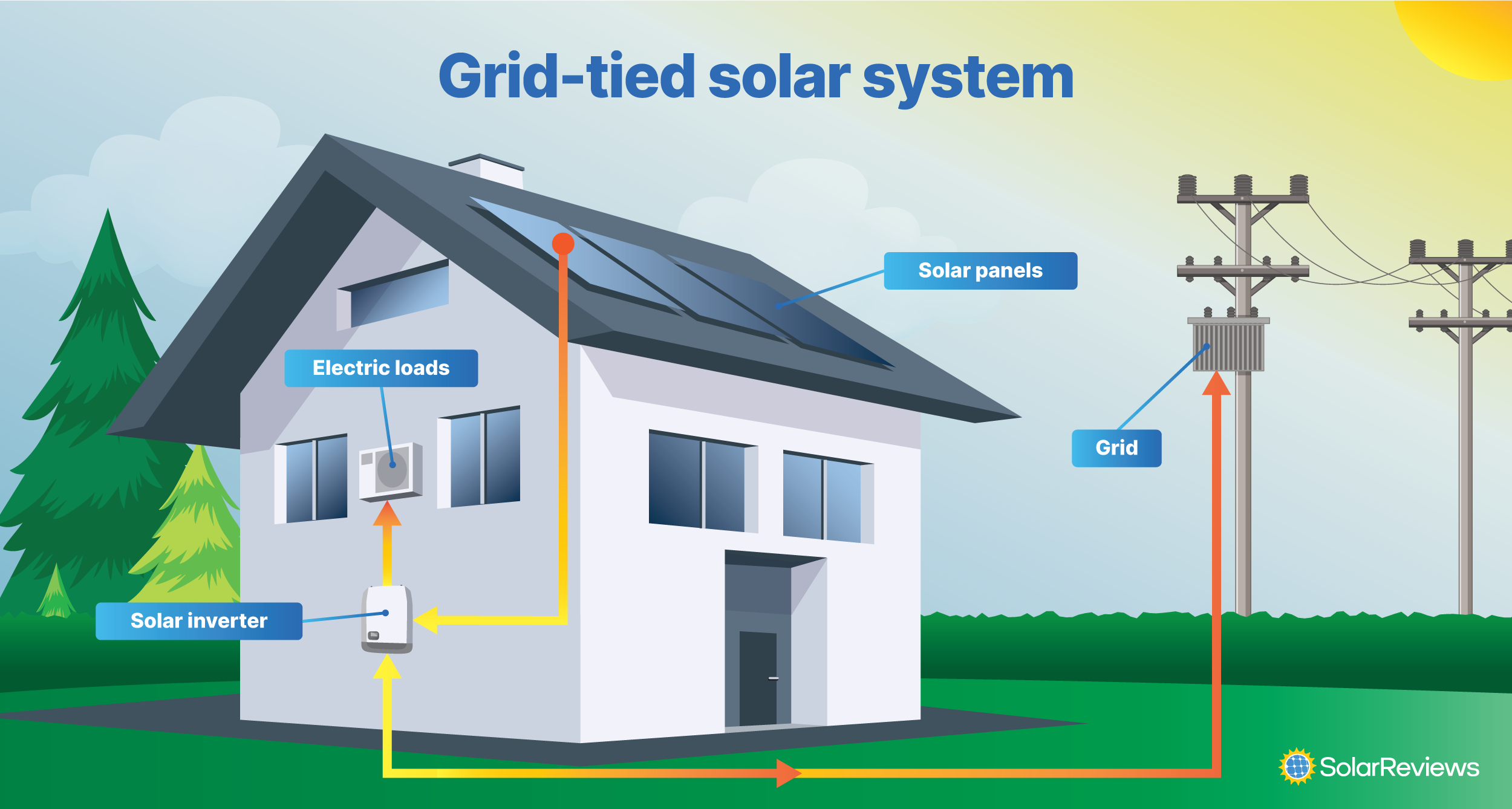I was quoted around $15,500-$16,000 for a 12.8 to 13.5 kWh battery plus install for comparison.
My understanding is the grid will only pull from solar if required. Is that so? That’s how my solar setup works on my caravan, so not sure if it’s the same.
I work from home. So my solar (house and caravan) are all utilised heavily during the day.
I’m sure many do now also. That, and timing hot water heating, diahwasher, washing machine. Etc. All should help
@makingStuffForFun @PetulantBandicoot “the grid will only pull from solar if required” You export what you aren’t using or storing at the moment of generation. The only question is how much that earns you - or costs you. The electricity has to go somewhere and it’s not like you can just let it run out on the ground :)
You see, that’s the opposite of my caravan’s solar. It can sit up there in the full sun and potentially generate a lot of power, but it won’t send a single thing to the caravan or the batteries unless they request it. So the batteries and the usage of the caravan pull power from the panels, but the panels do not push power, so to speak.
So that makes me wonder if the solar panels on the roof are the same. The reason I say that is that the electricity companies want to charge us for solar generation because they say that we are feeding so much power into their grid that it’s stressing the grid out. But if it’s the same as my caravan solar then it is not. And I guess that’s why I was hoping that somebody who knows about these kind of things could put some input in.
that’s a good question. I think it’s due to the scale. Household also always runs through an inverter to supply mains to a house, and interacts with the mains board whereas a caravan usually runs the standard regulator (which manages load requests)
It comes down to what system you have, all solar panels are the same, they generate DC power in the sun, and send it down the line to the next set of components, for an off grid set up it usually goes, solar controler, this let’s the right amount of watts through to supply current demand and/or charge the batteries, from there depending on the set up either to the battery’s detectly or through the inverter to the battery’s, the inverter takes DC and turns it to AC to run whatever is at the end. For on grid the panels run to an inverter that powers either the current demand or pumps the power being made by the panels to the grid, this is where you can run into trouble if everyone has just on grid setup, if no one’s using power at midday then you have all that power being pumped into the grid and it puts a fair load on things to keep it from poping. There are hybrid systems as well both the panels and grid run to the batteries.



I personally think if each house had a battery system, connected to the grid that also has a battery bank say at every transformer on a pole, I think that would make a pretty good multiple redundancy grid, expensive sure, but how much money does the government already waste. Just my 2 cents
awesome, thanks. I wasn’t too sure on the grid tied. Built a few off grid, but I don’t touch mains.
We’re actually doing something along your last point in Vic - the neighbourhood battery scheme
No worrys, my first off grid system was panels that 15 years old that I scavenged out of the tip, a mix of old front end loader and truck batteries with collapsed cells, and the cheapest eBay controlers and inverter I could find, and it did the job haha. I looked into using an old gird tie inverter as an off grid one but its pretty wild as they just keep ramping up the volts till it goes somewhere lol Also that battery scheme looks the good, why isn’t there more noise about it?
Quite a bit of noise, it’s been running a while
I wonder if it could be as simple as that, as just having the houses only supply, as the grid needs it, with something as simple as a regulator?
The grid is effectively an (nearly) unlimited sink. So nearly all your power you generate gets pushed into it.
The catch is that as we all collectively push more and more power in, it increases the frequency (50hz -> 50.1hz), and most inverters have a cuttoff if the frequency gets too high. But as far as I know, that almost never happens, but if it did, that could cause a large set of power generation to drop offline simultaneously, which would then cause a frequency drop and a subsequent brownout.
This is the best summary I could come up with:
“When I’m talking to my neighbours and friends, they are also increasingly frustrated, angry even, about what they see as a lack of action to help them manage electricity prices to their betterment,” he said.
Mr Coffey wants to install a battery system so he can store the solar power output when he’s “not at home in the middle of the day”.
Last year, AEMO CEO Daniel Westermen said the 3.5 million rooftop solar systems across Australia — surging when the sun shines and dropping off when it sets — could pose risks to grid stability.
Queensland Energy Minister Mick de Brenni said the home battery subsidy program would be evaluated to “inform further government consideration of additional support for households to adopt technology to lower bills and reduce emissions”.
The Queensland opposition did not directly respond to questions about whether it had plans to subsidise the cost of home batteries for people to capture solar power during the day.
Dr Asma Aziz, an expert in renewable energy at Edith Cowan University, said while the cost of batteries is coming down, it is still prohibiting many from investing in the technology.
The original article contains 653 words, the summary contains 191 words. Saved 71%. I’m a bot and I’m open source!




